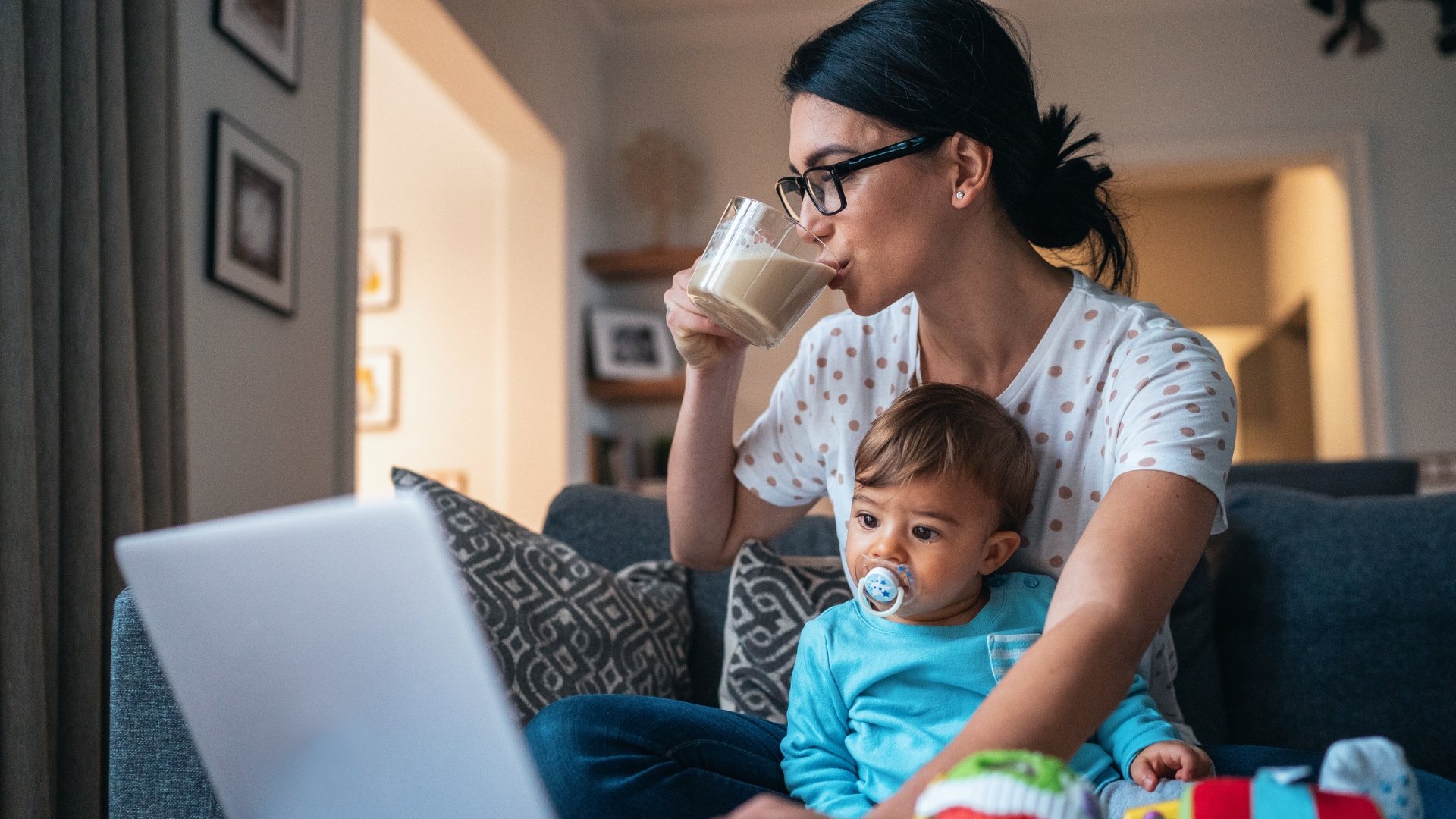How Growth & Responsibility Shape Who We Become
Growing up takes a lifetime.
One could argue that adulthood is often marked by a dramatic increase in responsibility. Maybe it was when you became a parent to a four-legged friend or even a child of your own. Maybe it was when your parents got a divorce and how you spent your time and with whom drastically changed. Maybe it was when you left the house at 18 and began living on your own.
As we move through our lives, it's often the case that our level of responsibility increases. This phase of life holds the unique power to shape and refine who we are. The challenges we face force us to confront our strengths and weaknesses. We have an opportunity to outgrow that which no longer serves us and step into an even more evolved version of ourselves, should we choose to frame it that way.
Parenting, for instance, provides a vivid example of this. As we raise our children, we face a constant cycle of demands, decisions, and responsibilities that shine a spotlight on our emotional and behavioral patterns, reactions, and beliefs. In some ways, our children become mirrors, reflecting back at us the areas where we still need to heal and grow. For example, when your child gets frustrated with homework, you might notice yourself losing patience. This could reflect how you learned to handle mistakes or challenges growing up. In that moment, their frustration becomes a mirror, revealing areas where you still need to heal and practice patience and self-compassion.
Interestingly, the landscape of parenting is evolving. Millennials (the primary parenting generation at this time) are increasingly choosing to delay or forgo parenthood in favor of pets, careers, caring for their own parents, or other life pursuits. Many are also finding value in reparenting themselves, with or without kids—learning how to nurture and care for their own needs. Today’s idea of parenting stretches beyond the traditional nuclear family, challenging us to redefine what it means to take care of someone or something, including ourselves.
No matter the kind of parent you are—with your children, pets, parents, or yourself—responsibility can feel like both a burden and an opportunity. Often, our inner monologue uses the words “have to,” referring to things we’re obligated to do. However, a shift occurs when we conceptualize responsibility as something we "get to." For instance, we get to care for a child, grow as individuals, learn from mistakes, and evolve through the experience. “Get to” doesn’t in any way imply that whatever you're dealing with is easy; it simply implies that you have the opportunity to tackle what lies in front of you.
This reframing opens the door to viewing responsibility as a tool for self-awareness and personal empowerment. It's not just about managing stress or juggling tasks, but about tapping into our inner monologue and noticing the stories we tell ourselves about who we are and what we’re capable of.
Rewrite the Rules: Actionable Steps to Thrive Under Responsibility
As we move from understanding responsibility to embracing it, the next step is turning insight into action. Personal growth isn’t just about awareness—it’s about making small, meaningful changes in how we approach daily responsibilities. By shifting our perspective, we can turn challenges into moments of growth, building resilience and fostering greater self-kindness along the way.
Here are some practical steps to help you do just that.
Reframe responsibility
Start paying attention to how often you think in terms of “have to” versus “get to.” Write down a few key responsibilities in your life and reframe them in a positive light. Instead of “I have to pick up the kids,” say, “I get to spend quality time with my children today.” Shift your mindset from obligation to opportunity.Tune into your inner monologue
Throughout the day, notice the stories you tell yourself when you’re stressed or overwhelmed. Are they empowering or limiting? Try journaling your thoughts when responsibilities feel heavy, and challenge any narrative that suggests you're not capable. What would it look like if you gave yourself more compassion or more encouragement?Become your own parent
Reflect on the ways you might be repeating old patterns from childhood that no longer serve you. Are there areas where you can give yourself support or validation in a constructive manner? Practice self-kindness and self-care, as if you were caring for your own inner child. When you're feeling stressed, ask yourself what your inner child needs.Give yourself permission to be imperfect
Embrace the idea that no one has it all figured out. Mistakes and imperfections are part of life. Set small, realistic goals, and celebrate progress rather than perfection. Make a habit of recognizing your wins, no matter how small, to foster a sense of accomplishment.
Your responsibilities may feel heavy. At times, perhaps unbearable. In no way do we want to dismiss or invalidate this—it is yet another part of the human experience. And, in the seasons where you feel like life is inviting you to grow, remember that growth doesn’t have to be painful. By approaching responsibility with curiosity, compassion, and playfulness, you’ll discover that personal growth can be as rewarding as it is challenging.




